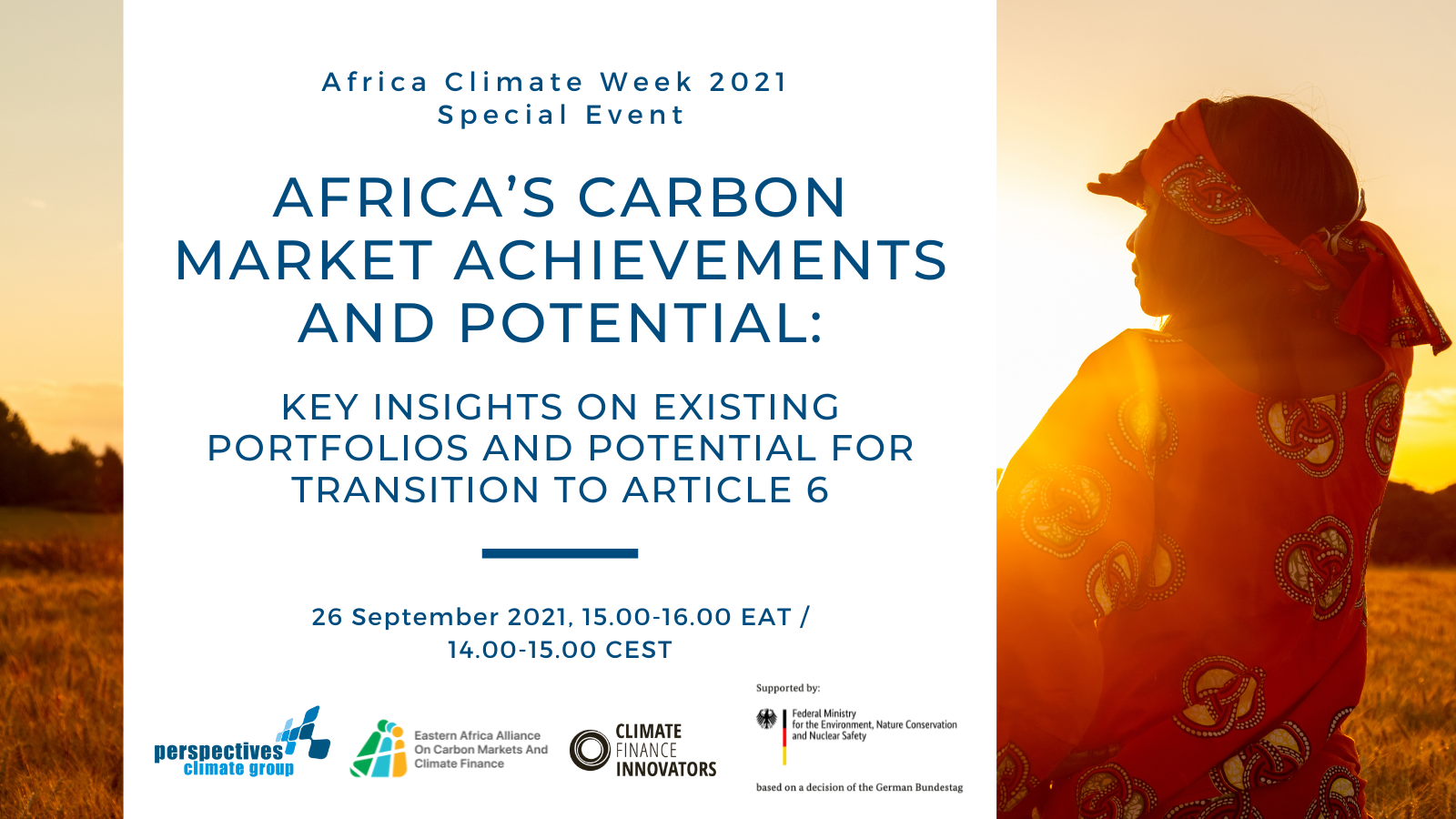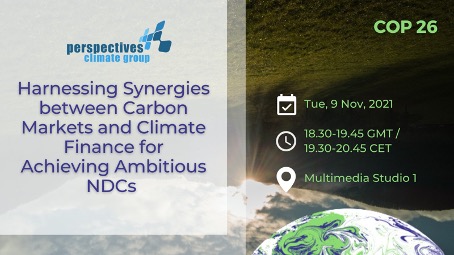Aligning Nationally Determined Contributions with Long Term Low-Emission Development Strategies on Climate. Opportunities and Challenges in Africa.
I4C 2021The goal of the Paris Agreement is to keep the global temperature increase to well below 2°C and pursue efforts to limit the increase to 1.5°C. Parties to the Agreement have been invited to communicate their long-term low greenhouse gas emission development strategies (LT-LEDS) considering the common but differentiated responsibilities and respective capabilities, in light of different national circumstances. Similarly, Parties are invited to update their Nationally Determined Contributions (NDC) reflecting their increased ambition until 2030.
The two policy processes are important for understanding and prioritizing which short- and medium-term investments and measures can contribute to a country’s climate goals while enabling countries to reach their long-term goals. LT-LEDS introduce a long-term perspective to policy planning that allows to consider whether certain activities may create long term lock-in effects into fossil fuel infrastructure even if they promise short term emission reductions compared to the status quo. This has implications on how to allocate resources, including international climate finance, capacity building and technology transfer.


